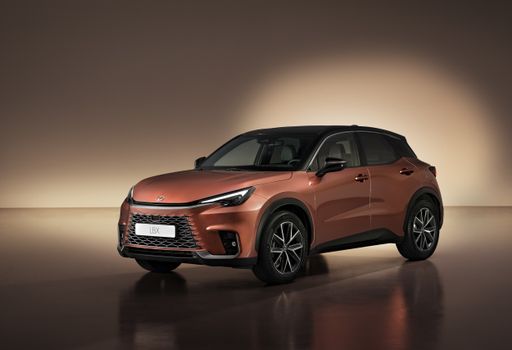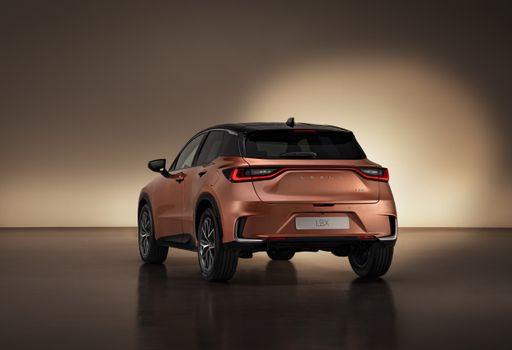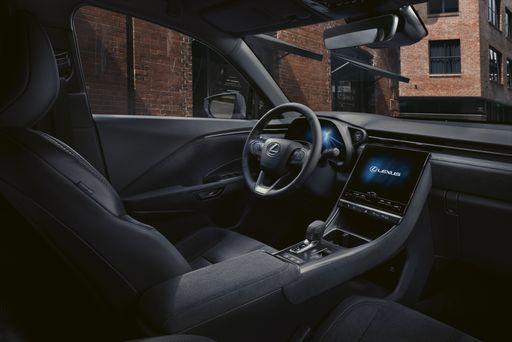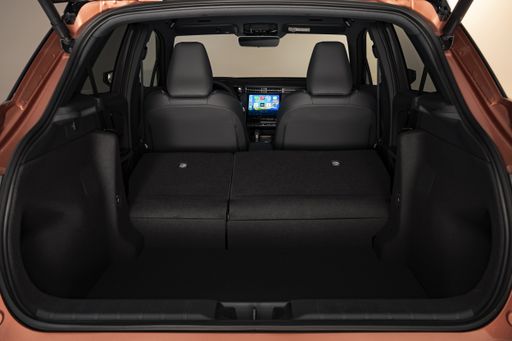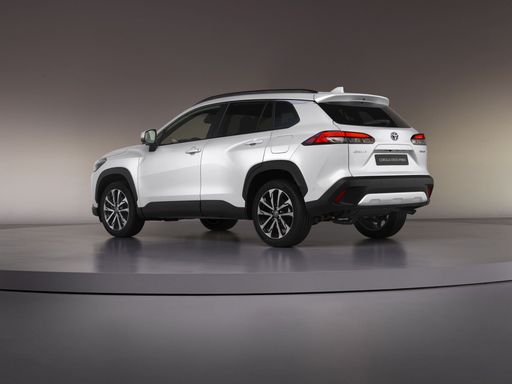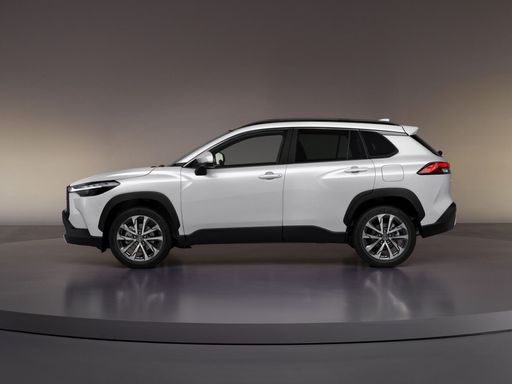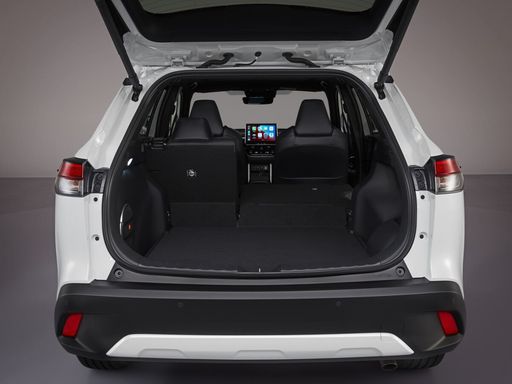A Clash of Titans: Lexus LBX vs. Toyota Corolla Cross
In the ever-evolving world of SUVs, two models have captured significant attention—the Lexus LBX and the Toyota Corolla Cross. Each brings a distinct flavor to the table, representing the best of their respective brands. Let’s dive into the technicalities and innovations that make each vehicle a formidable contender in the hybrid SUV segment.


